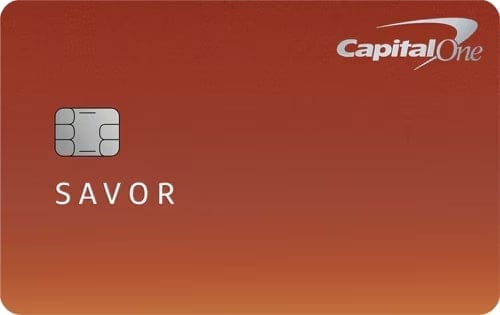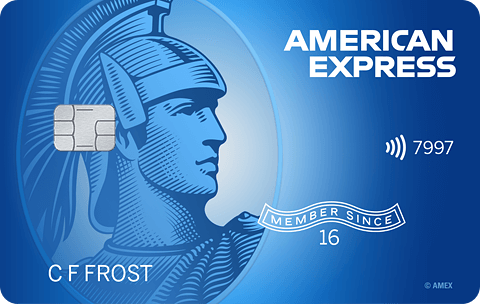If you’re sitting on a pile of travel or credit card rewards with no immediate travel plans, donating them to a charity is an easy way to have a positive impact. And it’s a popular way to give: In 2021, Alaska Airlines Mileage Plan members donated around 94 million miles to charities at an approximate cash value of $2.6 million, according to the airline.
Beyond the social benefits, miles donations also qualify as activity on your loyalty account and can prevent the rest of your rewards from expiring.
But if you’re in the habit of maximizing points and miles, you might also want to stretch the value of your charitable donations as far as possible. And by that measure, some methods of donating points and miles fall short.
The downsides of donating points and miles
Charity might receive less value for your rewards
Many loyalty programs make it easy to redeem your points and miles for a donation directly through their rewards portals. But some portals — especially those from airline and hotel programs — don’t publish the cash value a charity will receive for your miles or points. That means the charity may receive less value for your donation than you’d think, while also making it hard to compare the value of a donation with the value of other options for redeeming your points.
Best Western Rewards is one of the few loyalty programs that publishes a cash value for charitable points donations. The charity will receive $2 for every 500 points you donate, for a point a value of 0.4 cent each. SS values Best Western points at 0.6 cent apiece, so you would receive 33% less value for your donation relative to using them for a hotel stay.
You won’t get a tax deduction
Generally, the Internal Revenue Service (IRS) doesn’t count points and miles as a source of income, so if you donate them, you can’t deduct the cash value of your gift. This lack of favorable tax treatment for the consumer combined with the uncertain value you’ll often receive for miles and points donations should have you at least consider other avenues for your philanthropic endeavors.
Keep in mind that this drawback only matters for taxpayers who itemize deductions on their income tax returns. If you’re like most people and take the standard deduction instead of itemizing, you wouldn’t be able to get a charitable tax deduction from any donation.
You might not meet the donation minimums
Some rewards programs have a minimum donation amount for select charities. For example, you’d have to donate at least 2,000 Southwest Rapid Rewards points for a donation to the Make-A-Wish Foundation. That minimum amount makes it tougher to donate points that may be collecting dust in your loyalty account.
How to make your donation go further
Donate to an organization that books travel with miles
To maximize the value of your donation, consider a charity that books travel directly with your miles or points rather than donating directly through your loyalty program’s portal.
For example, Miles4Migrants uses donated airline miles and credit card points to directly book award travel for refugees and asylum seekers.
“Instead of maximizing points and miles to book a dream trip, we do it to help refugees reach safe new beginnings,” said Patrick Stouffer, partnerships manager at Miles4Migrants, in an email.
Miles4Migrants has redeemed over 775 million donated miles in pursuit of their mission, with a cash value of over $17 million. That expertise allows them to get more value out of every donation.
“Our team has the specialized knowledge necessary to stretch the value of every point or mile, ensuring donations go as far as possible,” Stouffer said. “Even if you aren’t able to reap any tax advantages of donating your points, at least you’ll know they made the largest possible impact.”
Use cash back instead
Direct cash donations help avoid the downsides of donating miles and points. If you have a credit card that earns cash back, or if you earn cash rewards through a shopping portal like TopCashBack or Rakuten, consider cashing out and donating those rewards instead of your miles and points.
With a cash donation, you’ll know the exact value a charity will receive from your donation and likely qualify for a potential itemized deduction on your taxes. Some rewards programs make this process simple and transparent.
Chase Freedom Unlimited®

Capital One Savor Cash Rewards Credit Card

Blue Cash Everyday® Card from American Express
on American Express’ website
Rates & Fees
Annual fee
• In the first year, 6.5% cash back on travel purchased through Chase, 4.5% cash back on drugstores and restaurants, and 3% on all other purchases on up to $20,000 in spending.
• After that, 5% cash back on travel purchased through Chase, 3% cash back at drugstores and restaurants, including takeout and eligible delivery service, and unlimited 1.5% cash back on all other purchases.
• 8% back on Capital One Entertainment purchases.
• 5% cash back on hotels and rental cars booked through Capital One Travel.
• 3% back on dining, eligible streaming services, grocery stores and entertainment.
• 1% cash back on all other purchases.
• 3% back* at U.S. supermarkets on up to $6,000 spent per year.
• 3% back at U.S. gas stations on up to $6,000 spent per year.
• 3% back on U.S. online retail purchases on up to $6,000 spent per year.
• 1% back on other purchases.
What about making charitable cash donations to receive bonus points?
Travel rewards programs sometimes incentivize charitable giving by offering bonus points for your cash donations. For example, American Airlines offers 10 AAdvantage miles for every dollar members contribute to the charity Stand Up To Cancer.
That extra incentive can be an individual boon for your charitable donation. Just be aware that any points or miles you receive from such promotions will reduce the tax deductibility of your contribution.
American Airlines values those bonus miles you receive through donations at 3 cents each. So if you donate $100 and receive 1,000 AAdvantage miles, American values those miles at $30. You’ll receive a tax form declaring those rewards as $30 in income, giving you a qualifying tax deduction of $70.
When you donate cash and receive bonus points, the charity still receives your full donation and you get a slug of points. While you’ll have to pay taxes on those points, it can still be a big win for your future travel plans.

